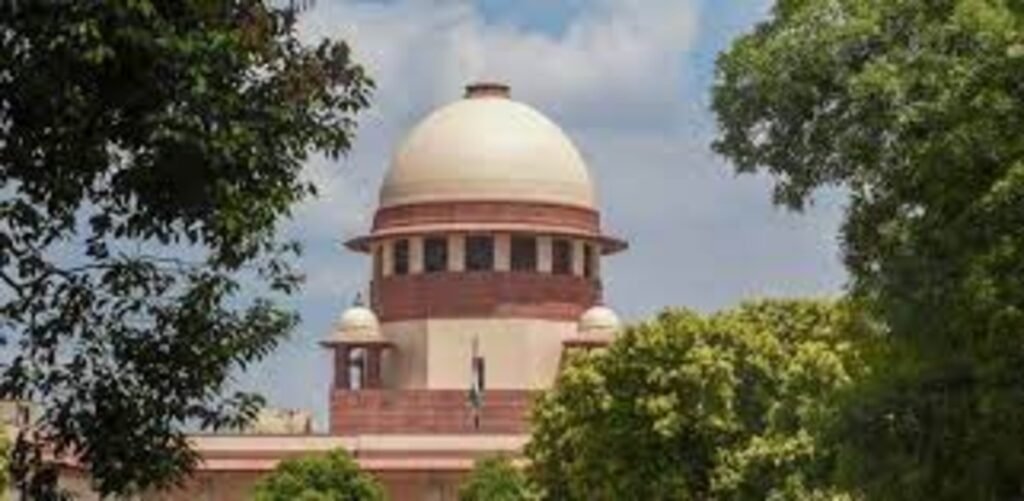Introduction
In a significant legal development, the Supreme Court has dismissed the argument that Article 370 of the Constitution ceased to operate after the dissolution of Jammu and Kashmir’s constituent assembly in 1957. The Court’s response had come during a hearing involving senior advocate Dinesh Dwivedi. He contended that Article 370 had lost its relevance after the Constitution of Jammu and Kashmir that got enacted on January 26, 1957.

The court’s five-judge bench, headed by Chief Justice DY Chandrachud, expressed its disagreement with this perspective, deeming it “unacceptable.” Dwivedi’s argument was presented as part of a case. It was initiated by intervenor Prem Shankar Jha. It challenged the central government’s decision to abrogate Article 370 on August 5, 2019. Jha’s challenge focused on whether Article 370 remained in effect after the enactment of Jammu and Kashmir’s constitution and the dissolution of its constituent assembly.
The bench stressed the need to examine the intentions behind the framing of Article 370 and the constituent assembly debates. Dwivedi’s assertion that Article 370 ceased to exist after the enactment of the Jammu and Kashmir Constitution met with skepticism. The Chief Justice raised concerns that this interpretation would essentially freeze the application of the Indian Constitution to the region at the 1957 stage.
Court questioned Centre
The court emphasized that the argument put forth by Dwivedi contradicted the views of those who opposed the abrogation of Article 370, claiming it had acquired permanent status after the conclusion of the state’s constituent assembly.
The court’s questioning cantered on whether a speech made by a constituent assembly member could genuinely reflect India’s commitment to Jammu and Kashmir.
Justice Kaul further challenged Dwivedi’s stance, highlighting the continued presence of Article 370 in the Indian Constitution even after 1957. Dwivedi countered by stating that the past practice did not validate the legality of a provision. Also if it was constitutionally invalid.
The hearing concluded without a decisive verdict. It is set to continue. The case encompasses numerous petitions contesting the abrogation of Article 370 and the Jammu and Kashmir Reorganisation Act of 2019. Which resulted in the division of the erstwhile state into the union territories of Jammu and Kashmir and Ladakh.
Conclusion
This crucial legal debate underscores the complexities of interpreting Article 370 and its ramifications. Especially with broader implications for the constitutional status of Jammu and Kashmir within the Indian Union. As the Supreme Court navigates through the arguments presented by various parties. Its eventual ruling will have far-reaching consequences for the region and the nation as a whole.




